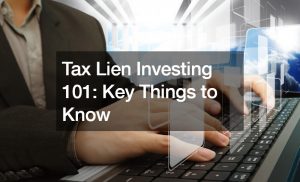
Purchasing your first rental property with no money down might seem daunting, but it is achievable with the right approach. Here’s how you can get started.
- Explore Seller Financing: Seller financing allows you to buy a property without a traditional mortgage. The seller acts as the lender, and you agree on the terms, including the interest rate and repayment schedule. This can be an excellent option if you have limited funds but good negotiation skills.
- Consider Lease Options: A lease option agreement lets you rent the property with an option to buy it later. Typically, a portion of your rent payments may go towards the purchase price. This method can provide time to build up your credit or save for a down payment while securing the property.
- Utilize Real Estate Investment Partnerships: Partnering with experienced investors can help you acquire property without upfront capital. You might contribute in other ways, such as managing the property or handling repairs, while your partner provides the funding. Make sure to clearly define roles and responsibilities in the partnership agreement.
- Look for Government Programs: Various government programs offer financial assistance or favorable loan terms for first-time real estate investors. Research programs such as those offered by the Federal Housing Administration (FHA) or other local housing authorities that might assist with down payments or offer lower interest rates.
- Leverage Equity from Other Properties: If you own another property, you might be able to use its equity as collateral for a new investment. This strategy can help you secure a loan without needing additional cash upfront.
- Build Your Network: Networking with real estate professionals and joining local real estate investment groups can provide valuable opportunities and insights. Often, fellow investors have leads on properties that can be purchased with minimal or no money down.
By using these strategies, you can enter the real estate market and start building your investment portfolio without needing a large initial investment.
.




